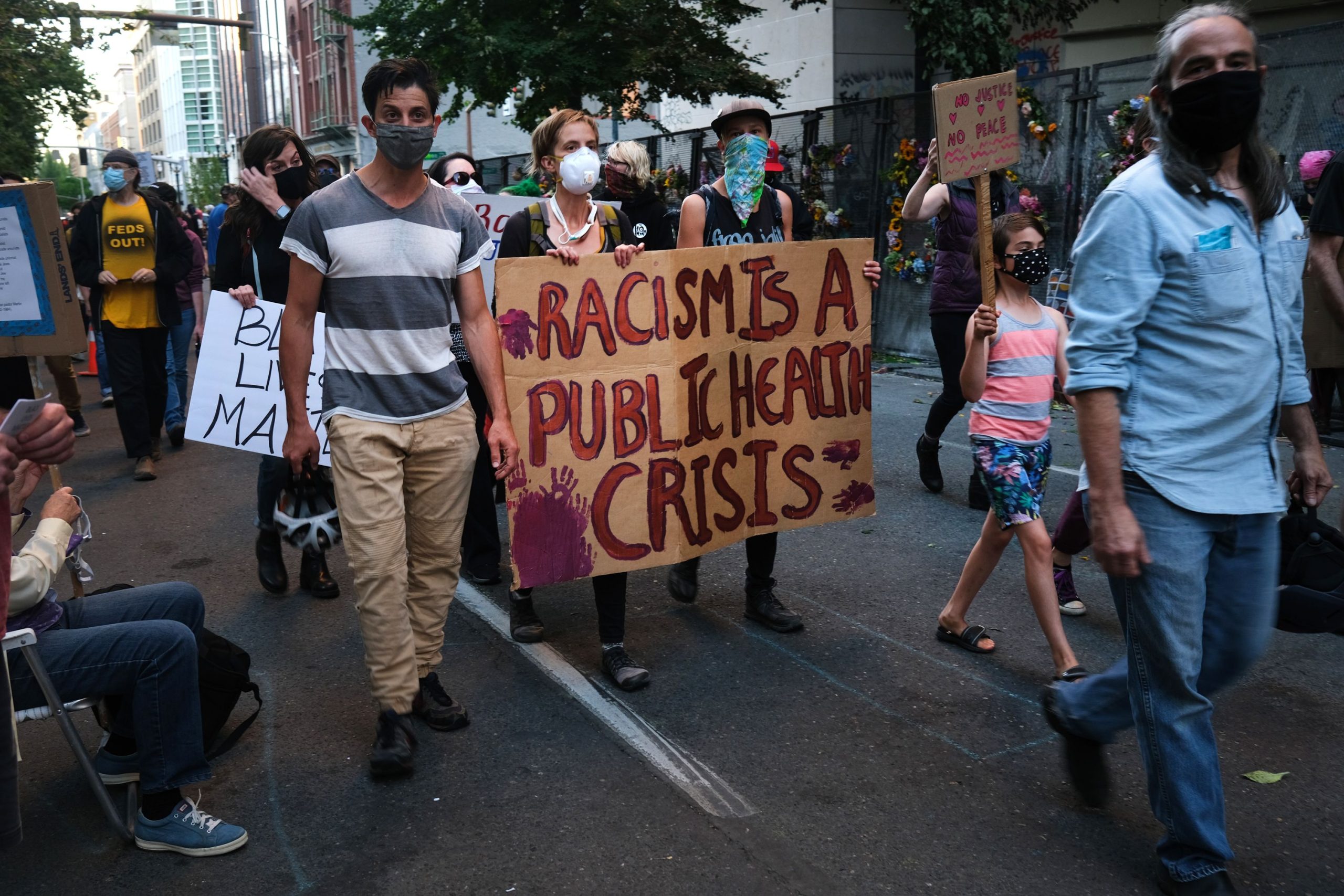As summer 2020 unfolded, the nation faced a convergence of crises that highlighted racial disparities.
Acknowledging the Crisis
The COVID-19 pandemic disproportionately impacted communities of color, while the murder of George Floyd by Minneapolis police officers sparked nationwide protests. In response, California’s San Bernardino County, along with other municipalities, declared racism a public health crisis, aiming to address long-standing inequities.

Diane Alexander, San Bernardino County’s assistant executive director, reflects on the meticulous process of gathering data and managing expectations over the past four years. Despite slow progress and new opposition to diversity initiatives, Alexander remains hopeful about the potential for change, emphasizing the long history of fighting for racial equity. “People need to understand that we’ve been fighting since slavery to do this work, and people want Rome to be built in a day,” she said. “It’s not going to happen.”
Why Racism is a Public Health Crisis?
Centuries of racist policies have created barriers in housing, education, wealth, and employment, known as social determinants of health, which contribute to disparities in health outcomes for minorities. The U.S. Centers for Disease Control and Prevention reports that racial and ethnic minority groups have lower life expectancies and higher rates of illnesses like diabetes, hypertension, and heart disease.
While awareness of racism’s impact on public health isn’t new, the coronavirus pandemic exacerbated these disparities, revealing higher infection and death rates among people of color. The murder of George Floyd highlighted the pervasive nature of racism, with Minneapolis Mayor Jacob Frey noting, “I think what Floyd’s murder started was a global recognition that yeah, racism is all-encompassing.”
More declarations of racism as a public health crisis followed in 2020 and 2021. By 2022, over 300 local and state officials acknowledged the crisis. Though the pace of these declarations has slowed, the trend continues. For example, the Sonoma County Board of Supervisors in California declared racism a public health crisis in March 2023.
Taking Action Against the Issue
Tia Williams, director of the Center for Public Health Policy at the American Public Health Association, views these declarations as a critical first step. An APHA analysis found varying levels of commitment among the declarations, with some pledging specific actions and others offering no concrete plans.
Actions proposed typically fall into four categories: data and accountability, policies and programs, community engagement, and funding. In San Bernardino County, an equity element group researched disparities faced by African Americans, leading to initiatives like paid internships and workshops on grant applications. Alexander emphasizes the importance of data in addressing inequities.
Efforts Taken to Combat the Issue
In North Carolina’s Buncombe County, a Community Reparations Commission was formed in July 2020 to support Black residents. One of their first actions was an audit to assess the harms caused by existing policies. In King County, Washington, funding became a primary focus for the committee addressing racism. Abigail Echo-Hawk, director of the Urban Indian Health Institute, joined the group with a commitment to genuine change. The Gathering Collaborative, composed of predominantly Black and Indigenous members, awarded $25 million in grants to nonprofits and small businesses in 2023.

Through these efforts, communities are taking significant steps toward addressing the systemic roots of racial inequities. While progress is slow and challenges remain, the declarations mark an important shift in recognizing and addressing racism as a public health crisis.
